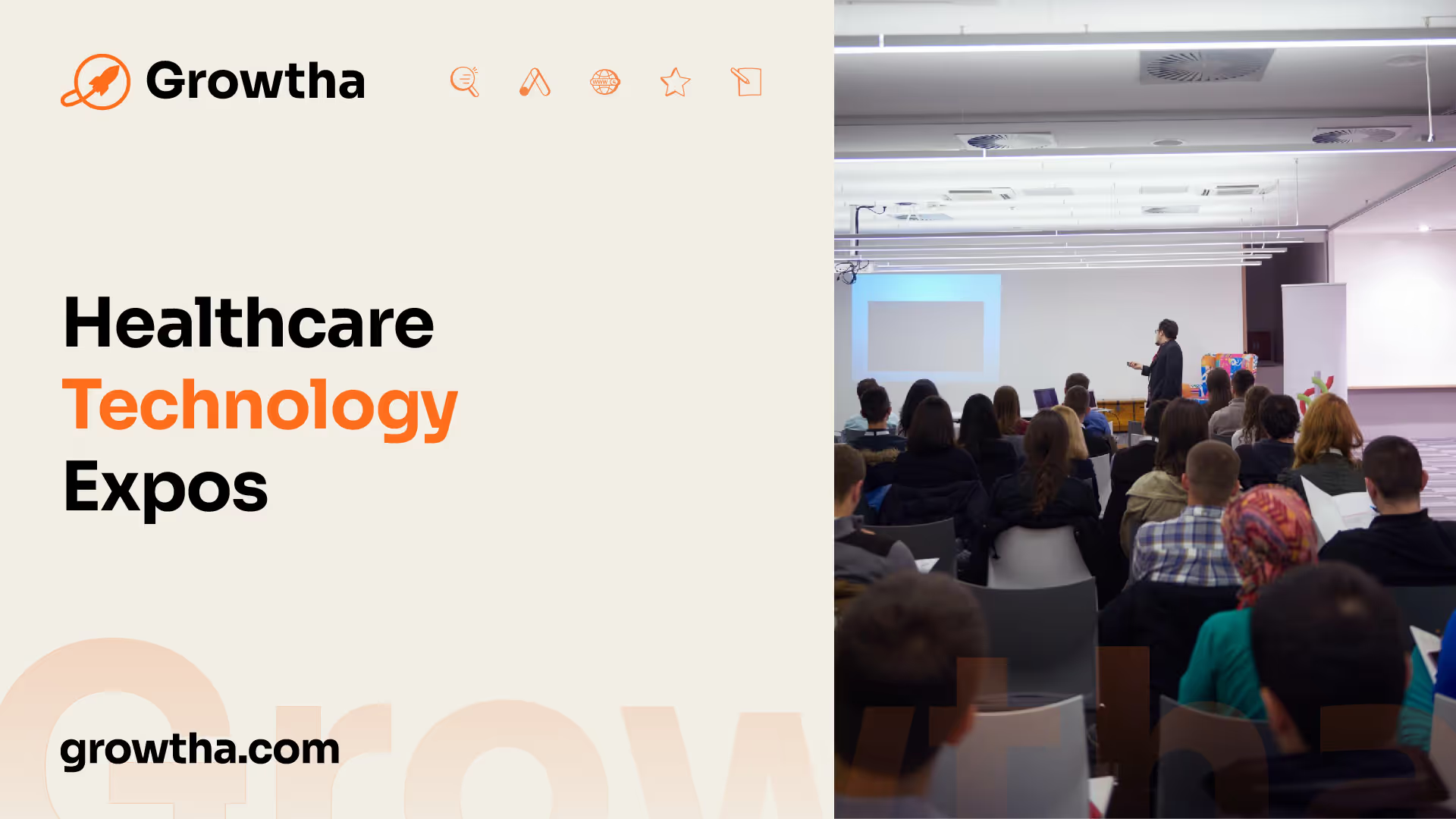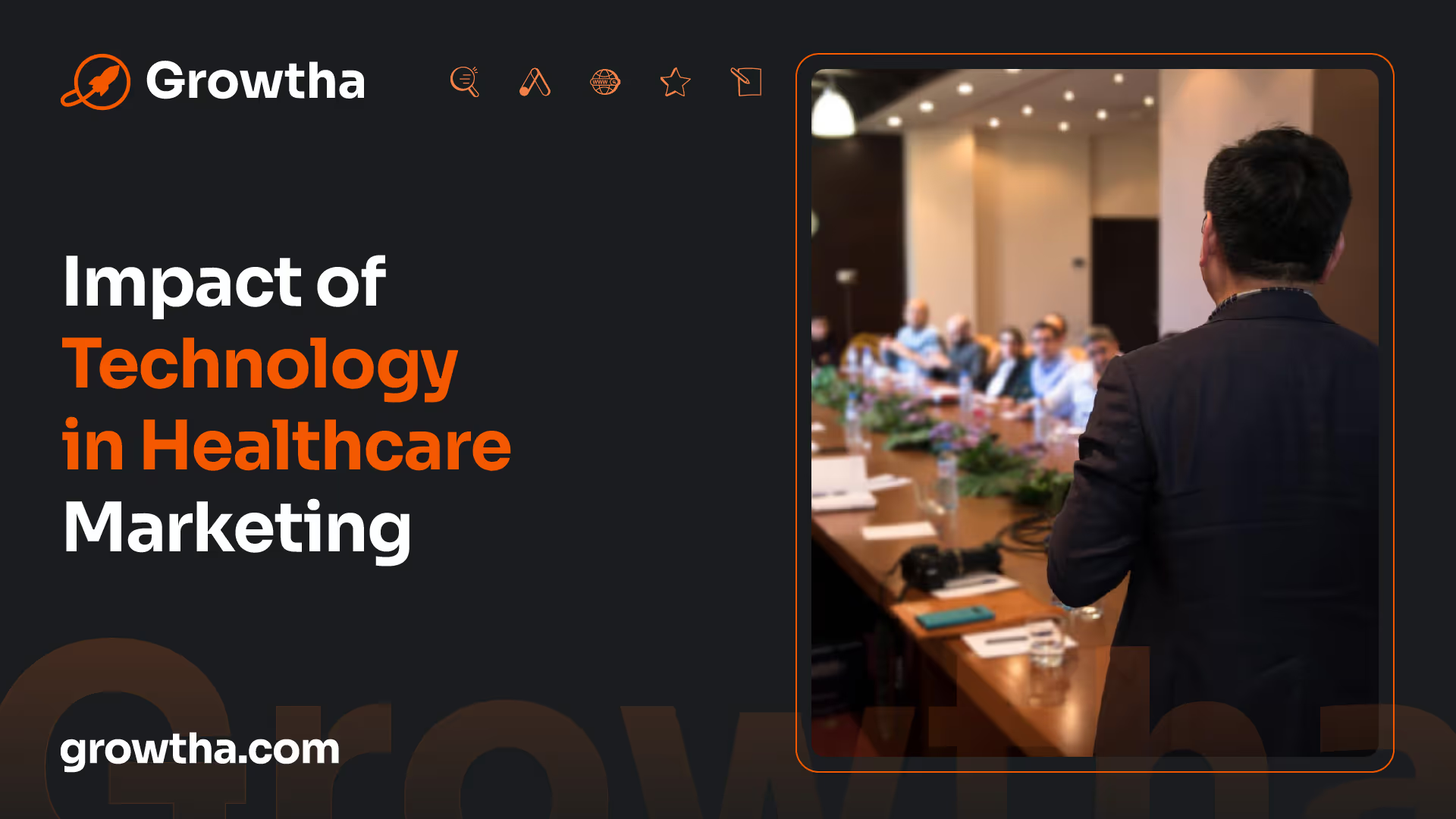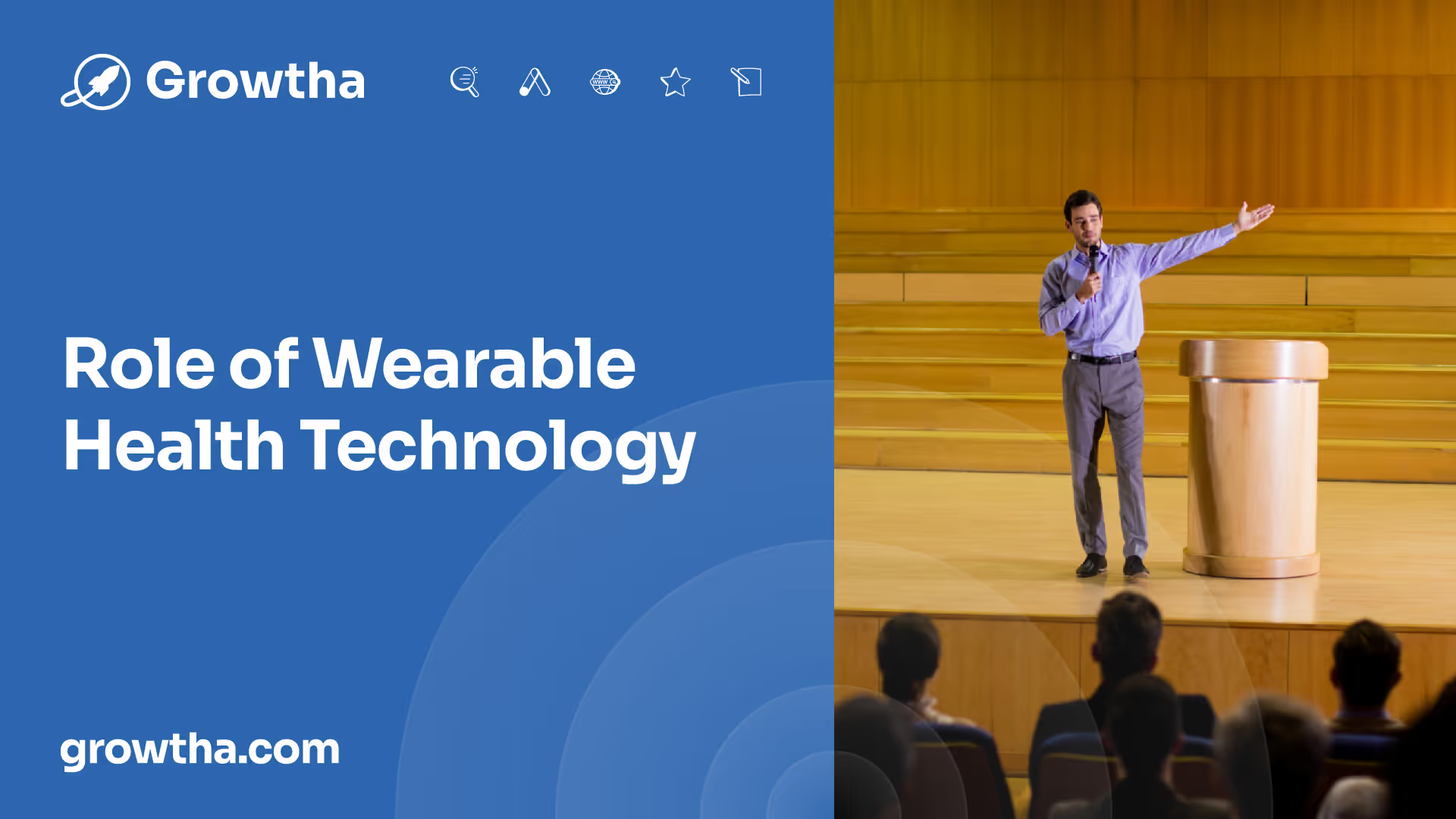Healthcare Technology Expos
These events provide a platform for professionals in the healthcare industry to come together, exchange knowledge, and explore the latest advancements in the field.


Healthcare Technology Expos
Healthcare Technology Expos
Healthcare technology expos play a vital role in showcasing and advancing medical technology. These events provide a platform for professionals in the healthcare industry to come together, exchange knowledge, and explore the latest advancements in the field.
Advancements in Medical Technology
Healthcare technology expos serve as a hub for showcasing the latest advancements in medical technology. This includes innovations in diagnostic tools, treatment methods, patient care systems, and more. Exhibitors have the opportunity to display their cutting-edge solutions, allowing attendees to witness firsthand how these advancements can transform healthcare delivery.
By attending these expos, healthcare professionals can stay informed about the latest breakthroughs and trends in the industry. This exposure helps them keep pace with the rapid advancements in medical technology and adapt their practices accordingly. It also fosters collaboration and knowledge sharing among professionals, driving further innovation in the field.
Importance of Healthcare Events
Healthcare events hold immense importance for various reasons. Firstly, they provide a unique platform for raising brand awareness and building networks. Face-to-face interactions with professionals in the field leave a lasting impression, increasing the likelihood of brand recall when customers encounter the technology's solutions. Networking at these events is highly valuable, enabling the fostering of relationships beyond just showcasing technology [1].
In addition to brand awareness, healthcare events serve as a goldmine for lead generation. Conversations with attendees can open doors to potential business opportunities. Through showcasing products and services and engaging in discussions, companies can generate interest that may lead to future collaborations or deals.
Furthermore, attending healthcare events offers insights into industry trends and innovations. These events serve as live showcases of industry best practices and emerging trends, allowing attendees to learn, draw inspiration, and adapt strategies to align with market trends. The valuable insights gained from these events can fuel business growth [1].
Participating in medical expos can significantly enhance brand awareness by providing exposure to the brand, both among attendees and on social media. Additionally, giving away freebies with the brand's logo at such events can help in branding efforts. These events also enable businesses to stay informed about industry trends, new developments, and challenges, helping them understand the direction in which the industry is moving and make necessary adjustments to keep up with changing market needs.
In conclusion, healthcare technology expos play a critical role in showcasing advancements in medical technology and providing a platform for professionals to connect, learn, and collaborate. These events not only advance the field of healthcare but also contribute to the growth and success of businesses in the industry.

Impact of Technology in Healthcare Marketing
In the realm of healthcare marketing, technology plays a significant role in enabling effective communication, enhancing patient care, and improving overall healthcare outcomes. Two key areas where technology has made a significant impact are leveraging artificial intelligence (AI) and enhancing patient care through telehealth.
Leveraging Artificial Intelligence
Artificial Intelligence has brought about remarkable advancements in medical diagnostics, allowing for more accurate and efficient predictions in identifying the root causes of health problems. AI algorithms can analyze complex medical images such as X-rays, MRIs, and CT scans, assisting doctors in identifying diseases faster and with greater precision.
By harnessing the power of AI, healthcare marketers can leverage data analytics to gain insights into patient preferences, behaviors, and trends. This information can help tailor marketing campaigns, personalize patient experiences, and improve overall engagement. Additionally, AI-powered chatbots and virtual assistants can provide instant responses to patient inquiries, enhancing customer service and patient satisfaction.
Enhancing Patient Care with Telehealth
Telehealth has emerged as a game-changer in healthcare, particularly in the context of remote patient care and consultations. It provides a means of connecting patients with healthcare providers online, offering virtual consultations and remote monitoring of health parameters from the comfort of one's home. Telehealth has proven particularly beneficial in managing chronic conditions such as diabetes, where regular monitoring and timely interventions are critical.
From a marketing perspective, telehealth presents an opportunity to reach a wider audience and expand the reach of healthcare services. Through digital marketing efforts, healthcare organizations can promote telehealth services, educate patients about its benefits, and encourage adoption. Additionally, telehealth platforms can incorporate marketing features to disseminate educational content, appointment reminders, and personalized health recommendations.
By leveraging AI and telehealth, healthcare marketers can effectively engage with patients, drive awareness about available services, and enhance the overall patient experience. These technologies offer immense potential for delivering personalized and accessible healthcare solutions to individuals, regardless of their geographical location. As technology continues to advance, healthcare marketing will continue to evolve, creating new possibilities for improved patient care and outcomes.

Role of Wearable Health Technology
As technology continues to advance, wearable health technology has emerged as a powerful tool in the healthcare industry. These devices, which are worn on the body, offer personalized health monitoring and real-time health insights, revolutionizing the way individuals manage their well-being.
Personalized Health Monitoring
Wearable health technology has gained significant popularity, with approximately 30% of US adults utilizing these devices. These devices, such as smart wearable devices and biosensors, come equipped with various sensors that allow for continuous monitoring of an individual's health conditions.
Sensors commonly found in wearable health technology include blood pressure sensors, body temperature sensors, electrocardiography (ECG) sensors, and pulse oximeters. These sensors provide valuable data for disease prevention, diagnosis, treatment, and nursing care [4]. By wearing these devices, individuals can easily track vital signs, detect abnormalities, and gain insights into their overall health.
One of the key benefits of wearable health technology is its ability to offer personalized health monitoring. These devices collect data specific to an individual's body and provide customized insights and recommendations. This personalized approach enables individuals to proactively manage their health, make informed decisions, and identify any potential health issues early on.
Real-Time Health Insights
Wearable health technology goes beyond simple data collection. It empowers individuals with real-time health insights, allowing them to monitor their well-being on a continuous basis. The data captured by wearable sensors is processed and analyzed using techniques such as machine learning to extract meaningful insights.
By leveraging real-time health insights, individuals can gain a deeper understanding of their health trends, patterns, and behaviors. For example, wearable devices can provide alerts for abnormal heart rate patterns, remind individuals to take medication, or track sleep quality. These insights enable individuals to take immediate action, seek medical attention when necessary, and make necessary lifestyle adjustments to improve their overall well-being.
However, it's important to address certain challenges associated with wearable health technology. These challenges include data collection and transmission, security and privacy concerns, user acceptance, and scalability and interoperability. As technology continues to evolve, efforts are being made to overcome these obstacles and fully harness the potential of wearable sensors in healthcare.
In conclusion, wearable health technology plays a significant role in transforming healthcare. By offering personalized health monitoring and real-time health insights, these devices empower individuals to take control of their well-being and make informed decisions about their health. As technology and innovation continue to advance, wearable health technology is likely to become even more integrated into the healthcare landscape, providing individuals with valuable tools for managing their health effectively.
Revolutionizing Healthcare with Blockchain
Blockchain technology is revolutionizing the healthcare industry by offering secure and efficient solutions for managing patient data. Traditional vulnerabilities in healthcare databases have prompted a shift towards blockchain for enhanced security, integrity, and transparency in sharing medical data [3].
Securing Patient Data
One of the key benefits of blockchain technology in healthcare is its ability to secure patient data through decentralized networks. Unlike traditional centralized databases, blockchain stores data across multiple nodes, making it more resistant to unauthorized access and tampering. Each transaction or data entry is encrypted and linked to the previous one, creating an immutable and auditable record of all interactions.
By leveraging blockchain, healthcare organizations can enhance the privacy and security of patient data. Patients' sensitive information, such as medical records, test results, and personal details, can be securely stored and accessed only by authorized individuals. This helps to mitigate the risks associated with data breaches, identity theft, and unauthorized use of medical information.
Enhancing Data Integrity
Another significant advantage of blockchain in healthcare is its ability to enhance data integrity. The decentralized and distributed nature of blockchain ensures that data stored within the network is verified and validated by multiple parties. This eliminates the need for intermediaries and reduces the chances of data manipulation or fraud.
With blockchain, healthcare providers can have greater confidence in the accuracy and reliability of patient data. Medical records and other critical information can be shared securely between different healthcare providers, ensuring continuity of care and reducing the likelihood of errors or discrepancies. Moreover, blockchain's transparent nature allows patients to have greater control over their own health information, granting them the ability to grant access permissions and track who has viewed or modified their data.
As blockchain technology continues to evolve, it holds immense potential for revolutionizing the healthcare industry. By securing patient data and enhancing data integrity, blockchain enables healthcare organizations to improve privacy, security, and trust in the management and sharing of medical information.
Remote Patient Monitoring (RPM) Technology
As technology continues to advance, remote patient monitoring (RPM) has emerged as a game-changer in healthcare. RPM technology enables continuous health data monitoring of patients outside of traditional healthcare settings, providing valuable insights and improving patient care. In this section, we will explore the concept of continuous health data monitoring and discuss future trends in RPM technology.
Continuous Health Data Monitoring
With RPM technology, healthcare providers can remotely monitor patients' health data in real-time, allowing for proactive and timely interventions. This technology enables the collection of vital signs, such as heart rate, blood pressure, and oxygen levels, from patients' homes, reducing the need for frequent visits to healthcare facilities.
Continuous health data monitoring is particularly beneficial for patients with chronic conditions or those who require close monitoring. By tracking their health data on an ongoing basis, healthcare professionals can identify potential issues or deviations from normal health parameters early on. This early detection allows for prompt intervention, preventing the escalation of health problems and reducing the risk of hospital readmissions.
According to eMarketer, the global RPM systems market is projected to be worth over $1.7 billion by 2027. This significant growth reflects the increasing adoption and recognition of the benefits of RPM technology in healthcare.
Future Trends in RPM Technology
The future of RPM technology holds exciting possibilities for further enhancing patient care. One key trend is miniaturization, with device makers developing smaller and less invasive solutions. Smaller devices allow for greater comfort and ease of use for patients, leading to increased compliance and engagement with RPM programs. For example, Dexcom and Alphabet's life sciences unit, Verily, have collaborated on an implantable diabetes sensor that transmits health data to monitoring devices or smartphones via Bluetooth.
Partnerships and collaborations between different players in the healthcare and technology industries are also expected to shape the future of RPM technology. By joining forces, companies can leverage their respective expertise and resources to develop innovative solutions and expand their market share. This trend demonstrates the growing interest and competition in the RPM market among healthcare solution providers.
Additionally, as RPM technology becomes more integrated into healthcare systems, its potential for cost reduction and improved patient outcomes becomes increasingly evident. A KLAS Research report revealed that healthcare organizations implementing RPM programs focused on chronic care management reported reduced admissions and cost reductions [5]. These positive outcomes highlight the value of RPM technology in managing chronic conditions and reducing healthcare costs.
With the continuous advancements and growing interest in RPM technology, it is clear that this technology has the potential to revolutionize healthcare delivery. By enabling remote monitoring and proactive interventions, RPM technology empowers healthcare providers to deliver personalized and effective care to patients, ultimately improving patient outcomes and reducing healthcare costs.
Maximizing Benefits of Healthcare Events
Healthcare events, such as technology expos and trade fairs, offer numerous advantages for companies in the healthcare industry. By attending these events, organizations can maximize their brand awareness, network with professionals, generate leads, and gain valuable insights into the industry.
Brand Awareness and Networking
Participating in healthcare events provides a fantastic platform for raising brand awareness and building networks within the industry. These events offer opportunities for face-to-face interactions with professionals, allowing for personal connections that can leave a lasting impression and increase brand recall when customers encounter the technology's solutions [1].
Networking at these events is highly valuable, as it enables the fostering of relationships beyond just showcasing technology. Connecting with industry peers, potential partners, and customers can open doors to collaborations, partnerships, and future business opportunities. Building a strong network within the healthcare community can be instrumental in expanding the reach and influence of a company.
Lead Generation and Industry Insights
Healthcare events serve as a goldmine for lead generation. Engaging in conversations with attendees allows companies to showcase their products and services, generating interest that may lead to potential business opportunities. These interactions can spark curiosity and initiate discussions that may evolve into future collaborations or deals.
Attending healthcare events also offers valuable insights into industry trends, innovations, and best practices. By immersing themselves in the live showcase of emerging trends and market strategies, attendees can learn from other professionals, draw inspiration, and adapt their own strategies to align with market needs. Staying informed about industry developments and challenges is crucial for businesses looking to stay ahead in a competitive healthcare landscape.
To summarize the benefits of healthcare events:
Benefits
Increased brand awareness
Networking opportunities
Lead generation
Insights into industry trends and innovations
Attending these events can significantly enhance a company's visibility, provide exposure to the brand, and offer valuable opportunities for growth and collaboration. By maximizing the benefits of healthcare events, organizations can position themselves as industry leaders and gain a competitive edge.
References
[1]: https://www.podymos.com/are-healthcare-events-really-worth-the-effort/
[2]: https://www.siiora.com/blogs/what-are-the-benefits-of-attending-medical-exhibitions/
[3]: https://www.lookdigitalsignage.com/blog/cutting-edge-technology-in-healthcare-7-best-examples
[4]: https://www.ncbi.nlm.nih.gov/pmc/articles/PMC9601636/
[5]: https://www.emarketer.com/insights/remote-patient-monitoring-industry-explained/







